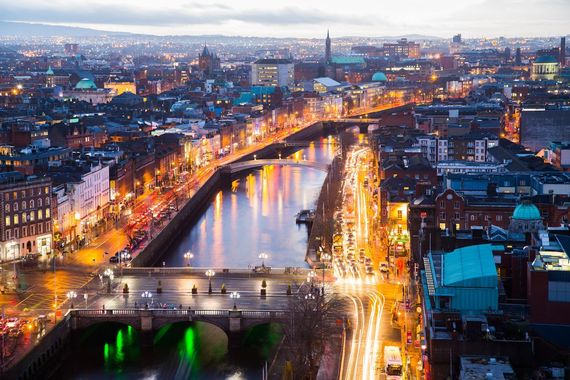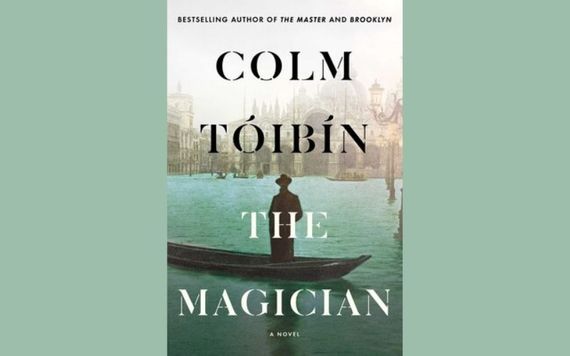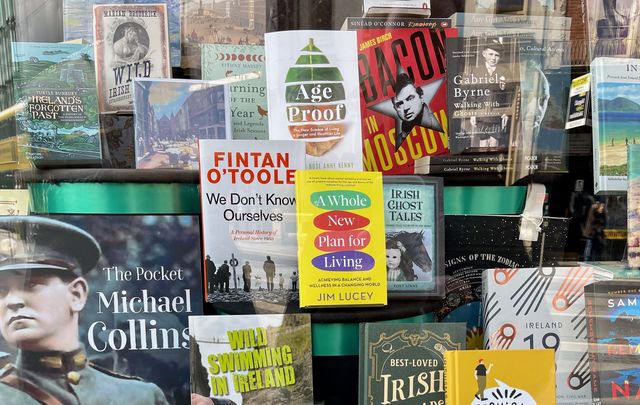Stand in front of a good bookshop on Dawson Street in Dublin as I did last month and you'll be struck by the sheer diversity of Irish writing.
From Marian Keyes' delightful new bestseller Again, Rachel (a story about life in the aftermath of surviving your addictions and bad decisions) to the Fintan O'Toole's magisterial We Don't Know Ourselves (a story that's often about surviving bad decisions too).
Climbing out of the still smoking bomb crater that England made of Ireland's history and culture has been a hundred-year-long group effort, even if it has mostly been undertaken in silence and alone at a writing desk.
Read more
But it's only when look at the books and voices assembled in the gleaming windows of Hodges-Figgis Book Shop near Trinity College that you can appreciate what a communal and ongoing achievement Irish independence has actually been.
'Trespasses' by Louise Kennedy recalls the weary phrases that greeted us on the morning news through the worst years of the Troubles. Car bomb, suspect device, army disposal units, ten-minute warnings, shootings, scares.

In her new novel, she introduces us to Cushla, a young school teacher trying to hold the fraying edges of a life together in a country gone mad. We don't really talk enough about the long legacy of the Troubles, this book reminds us, and then she shows us how vital that discussion really is.
So many of the most provocative voices in modern Irish fiction belong to northern women, many of whom are first or near to first-time authors. Jan Carson writes unforgettably about death, grief, ghosts, growing up and the Troubles in The Raptures, a startling book about becoming yourself in a place where conformity is the coin of the realm.

"The Magician" by Colm Toibin.
In 'The Magician,' Colm Toibin considers the life and achievement of the German novelist Thomas Mann. Like the beautiful but elusive Tadzio on the Lido beach in Death in Venice, Mann himself proves as elusive a subject as one of his most celebrated works of art, but that's also the measure of Tobin's achievement in his serious and subtle novel.
Sally Rooney has caught the attention of readers as unexpected as Barak Obama and Oprah Winfrey, in stories about modern Dublin that focus on complicated relationships and the unintended scars they leave in their wake.
What seems to unite every one of these efforts is an urge to witness and describe what has for so long been sidelined, marginalized or oppressed, whether that be people, places, opinions or even nations.
There are few countries on earth with more to say and more determination to say it than right here, right now.

Looking for Irish book recommendations or to meet with others who share your love for Irish literature? Join IrishCentral’s Book Club on Facebook and enjoy our book-loving community.




Comments